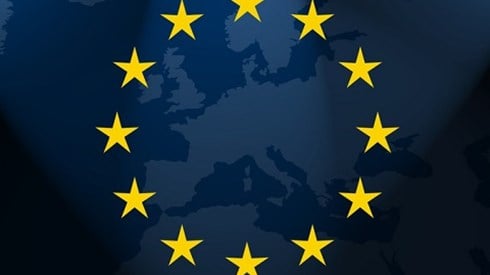FERMA Seeks EU Financial Resilience Framework for Catastrophic Risks

May 28, 2020

The Federation of European Risk Management Associations (FERMA) has called on the European Commission to create a European Union business interruption resilience framework for catastrophic risks.
In a letter to the European Commission's coordinating response team, FERMA President Dirk Wegener called on the commission to address the "severe shortage" of business interruption insurance for disruptions that don't involve physical damage.
"The systemic nature of COVID-19 and other catastrophic risks demonstrates the importance of a resilience framework, especially to create a resilient internal market that is equipped to handle future crises," Mr. Wegener wrote.
In a statement, FERMA noted that there is currently little to no insurance available for nondamage business interruption losses like those caused by the COVID-19 pandemic. An appropriate resilience framework would have the flexibility to respond to a range of catastrophic events, such as pandemics and massive cyber-attacks, that can create severe business losses without physical damage, FERMA said.
The risk management association noted that a task force of FERMA-member risk managers has developed a position paper setting out FERMA's ideas for "a multi-layered and graduated public-private partnership."
"We now aim to deepen discussions with the European Union, the member states, and the insurance sector and to develop solutions for both short-term crisis management and long-term business resilience," Mr. Wegener said.
The resilience framework proposed by FERMA would function on four levels.
- Enterprise-level risks management, anticipation, prevention, identification, and mitigation of risks
- Transfer of risk to private insurance and reinsurance markets, developing enhanced coverage for nondamage business interruption
- National member state pool guarantees
- European Union support for, and coordination between, national governments
"This holistic approach supported by the insurance sector, national governments, and EU institutions would ensure that the resilience framework has the capacity to benefit all businesses, from small and medium-sized enterprises facing immediate liquidity issues, to the largest transnational corporations concerned with supply chain and trade disruptions," Mr. Wegener said.
May 28, 2020




